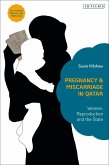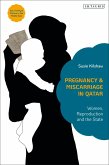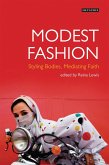

26,99 €
Versandfertig in 1-2 Wochen
Broschiertes Buch
Perspectives on Gulf War Syndrome, Vulnerability and Masculinity
1. November 2010
Berghahn Books
| eBook, ePUB |
0,00 €
Sofort per Download lieferbar
Ähnliche Artikel

28,95 €
Sofort per Download lieferbar

20,95 €
Sofort per Download lieferbar

25,95 €
Sofort per Download lieferbar
eBook, ePUB
10. Februar 2022
Bloomsbury UK eBooks


7,99 €
Sofort per Download lieferbar

eBook, ePUB
6. November 2024
Taylor & Francis eBooks


Ähnlichkeitssuche: Fact®Finder von OMIKRON

